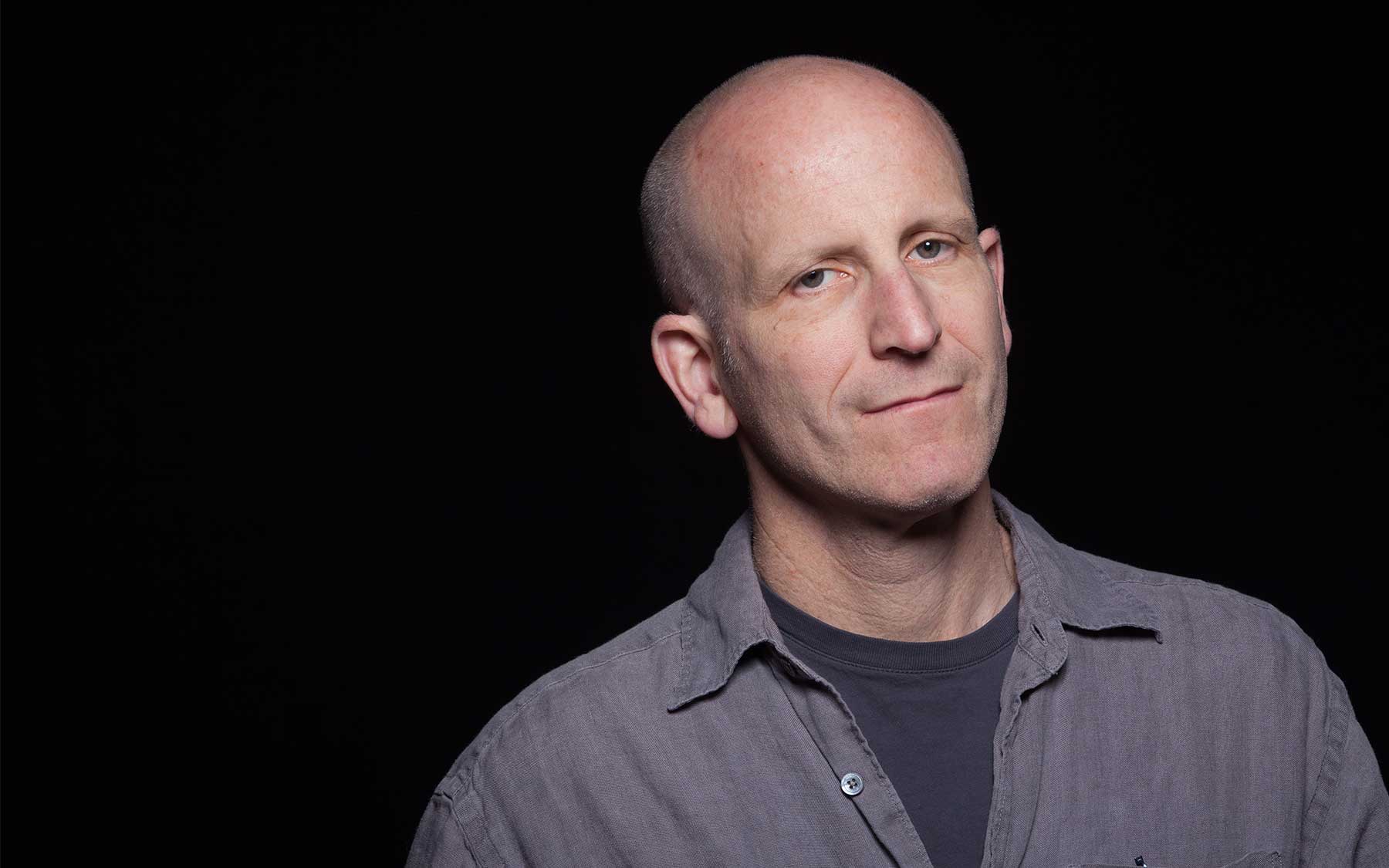Professor Anthony Zador will use the 5-year research grant to analyze brain connectivity and determine how its disruption leads to diseases such as autism
Cold Spring Harbor, NY — Anthony Zador, Ph.D., Professor of Biology and Program Chair in Neuroscience at Cold Spring Harbor Laboratory (CSHL), has been awarded a $2.17 million, 5-year grant by the National Institutes of Health (NIH) Transformative Research Projects Program (T-R01). The T-R01 program, supported by the NIH Common Fund (formerly the NIH Roadmap for Medical Research), is a unique research opportunity that encourages researchers to rethink the way science is conducted and propose truly daring ideas.
“Complex research projects, even exceptionally high impact ones, are tough to get funded without the necessary resources to assemble teams and collect preliminary data. The TR01 awards provide a way for these high impact projects to be pursued,” said NIH Director Francis S. Collins, M.D., Ph.D. Although these projects are deemed high-risk, they have the potential to create or overturn fundamental paradigms and impact a broad area of biomedicine.
Zador’s T-R01 -funded research project is aimed at one of neuroscience’s most fundamental, but as-yet-unknown entities: the ‘connectome’ or the complete wiring diagram of the brain. The brain is an extremely complex network, consisting of billions of neurons interconnected by trillions of synapses or junctions where electrical currents are transmitted. To understand brain function, detailed knowledge of these connections—questions such as which neurons connect synaptically with which other neurons, and where in the brain this interaction occurs—is critical.
“Disruption of this connectivity may cause many neuropsychiatric diseases including autism and schizophrenia, but only a minute fraction of these connections have been mapped to date,” explains Zador. “The goal of my project is to develop a novel, high-throughput method to probe the connectivity of neural circuits at the level of individual neurons in mice.” This method would allow Zador to analyze a large number of these connections in a rapid, economical way.
By compiling such a connectivity atlas in animal models, Zador hopes to determine if and how disruption of connectivity contributes to neuropsychiatric diseases such as mental retardation, autism, and schizophrenia.
Zador is the third CSHL scientist to receive a T-R01 grant. His colleagues in the CSHL neuroscience program, Partha Mitra, Ph.D., and Josh Dubnau, Ph.D., received NIH’s transformative grants in 2009, when the T-R01 program was launched.
“My congratulations to Tony Zador on receiving this prestigious, highly competitive award,” said CSHL President and cancer researcher Bruce Stillman, Ph.D. “His achievement, and that of Drs. Mitra and Dubnau, are a testament to CSHL’s passionate commitment to nurture scientists in their pursuit of answers to the most important questions in biomedical research.”
The T-R01 Program is managed by the NIH Office of the Director in partnership with the various NIH institutes, centers, and offices. Common Fund programs are designed to pursue major opportunities and gaps in biomedical research that no single NIH Institute could tackle alone, but that the agency as a whole can address to make the biggest impact possible on the progress of medical research. Additional information about the NIH Common Fund can be found at http://commonfund.nih.gov.
Written by: Hema Bashyam, Science Writer | publicaffairs@cshl.edu | 516-367-8455
